TB-500 – 5MG/10MG
Price range: $78.00 through $152.00
Discount per Quantity
| Quantity | Discount | Price |
|---|---|---|
| 5 - 8 | 5% | Price range: $74.10 through $144.40 |
| 9 + | 10% | Price range: $70.20 through $136.80 |
Scientific Overview of TB-500
TB-500, also known as synthetic Thymosin Beta-4, is a laboratory-engineered analogue of the naturally occurring Thymosin Beta-4 protein. This protein is broadly distributed in cells and has been observed to belong to a highly conserved family of small peptides found in multiple tissues and circulating cells. Scientific inquiry into TB-500 has focused on its potential role in actin dynamics, where it may influence cytoskeletal organization and structural maintenance. Researchers have been particularly interested in how TB-500 could serve as a simplified model to study cellular motility, tissue organization, and responses to external stimuli.
Alternative Names: Thymosin Beta-4, Synthetic Tβ4
Studies and Research Data
Proposed Interactions with Actin
One area of study centers on how TB-500 may interact with actin proteins, which are critical to maintaining cytoskeletal architecture. Laboratory findings suggest TB-500 could engage with the globular form of actin (G-actin) and potentially reduce its polymerization into filamentous actin (F-actin). Such interactions may influence cell shape, motility, and remodeling, offering a foundation for exploring cytoskeletal regulation in controlled systems.
Angiogenesis and Vascular Remodeling
Another line of investigation has examined the role of TB-500 in vascular development. Expression of Thymosin Beta-4 has been observed to increase during early angiogenesis, and research suggests that TB-500 may promote endothelial migration and vessel remodeling. This has led to speculation that the peptide could be useful in probing pathways related to vascular repair and extracellular matrix turnover.
Inflammation and Cellular Signaling
Studies also propose that TB-500 may contribute to the modulation of inflammation. Preliminary reports indicate a possible relationship between TB-500 and microRNA-146a, which is thought to influence signaling cascades involving cytokines such as IRAK1 and TRAF6. By shaping these pathways, TB-500 appears to offer researchers a model for examining potential anti-inflammatory mechanisms and their regulation.
Investigations in Wound Models
Research in tissue models suggests that TB-500 may alter cytokine activity in injured environments. Laboratory results point to changes in interleukin expression and modulation of chemokine signals, which appear to correlate with reduced infiltration of certain immune cells. Additionally, hypotheses propose that TB-500 might interact with apoptotic pathways, potentially supporting cellular survival in models of injury repair.
Exploratory Work in Cardiac Systems
Experimental studies in animal models have speculated that TB-500 could influence cardiac cell restoration. It has been observed that fibroblasts might be encouraged to adopt characteristics similar to cardiomyocytes under certain laboratory conditions. Further studies propose TB-500 may be involved in integrin-linked kinase and Akt signaling, suggesting a potential role in supporting myocardial regeneration in experimental systems.
Conclusion
TB-500 is a synthetic peptide based on Thymosin Beta-4 that has been investigated for its possible interactions with actin, vascular remodeling, inflammation pathways, wound models, and cardiac systems. Current research suggests it may serve as a versatile tool for studying cytoskeletal regulation, cellular migration, and tissue response processes in controlled experimental environments. While laboratory findings indicate multiple avenues of exploration, conclusions remain tentative and highlight the compound’s primary use as a model for scientific inquiry.
References
- Bock-Marquette, I., Saxena, A., White, M. D., Dimaio, J. M., & Srivastava, D. (2004). Thymosin beta4 activates integrin-linked kinase and promotes cardiac cell migration, survival and cardiac repair. Nature, 432(7016), 466–472.
- Philp, D., Goldstein, A. L., & Kleinman, H. K. (2004). Thymosin beta4 promotes angiogenesis, wound healing, and hair follicle development. Mechanisms of Ageing and Development, 125(2), 113–115.
- Freeman, K. W., Bowman, B. R., & Zetter, B. R. (2011). Regenerative protein thymosin beta-4 is a novel regulator of purinergic signaling. FASEB Journal, 25(3), 907–915.
- Gurtner, G. C., Werner, S., Barrandon, Y., & Longaker, M. T. (2008). Wound repair and regeneration. Nature, 453(7193), 314–321.
- Huff, T., Müller, C. S., Otto, A. M., Netzker, R., & Hannappel, E. (2001). Beta-thymosins, small acidic peptides with multiple functions. International Journal of Biochemistry & Cell Biology, 33(3), 205–220.
- Dubé, K. N., & Smart, N. (2018). Thymosin β4 and the vasculature: multiple roles in development, repair and protection against disease. Expert Opinion on Biological Therapy, 18(sup1), 131–139.
- Santra, M., Zhang, Z. G., Yang, J., Santra, S., Santra, S., Chopp, M., & Morris, D. C. (2014). Thymosin β4 up-regulation of microRNA-146a promotes oligodendrocyte differentiation and suppression of the Toll-like proinflammatory pathway. Journal of Biological Chemistry, 289(28), 19508–19518.
- Sosne, G., Qiu, P., & Kurpakus-Wheater, M. (2007). Thymosin beta 4: A novel corneal wound healing and anti-inflammatory agent. Clinical Ophthalmology, 1(3), 201–207.
- Srivastava, D., Ieda, M., Fu, J., & Qian, L. (2012). Cardiac repair with thymosin β4 and cardiac reprogramming factors. Annals of the New York Academy of Sciences, 1270, 66–72.
Disclaimer:
The products mentioned are intended solely for laboratory research and in-vitro experimentation. They are not approved for human or animal use of any kind. All details provided are for educational purposes only.
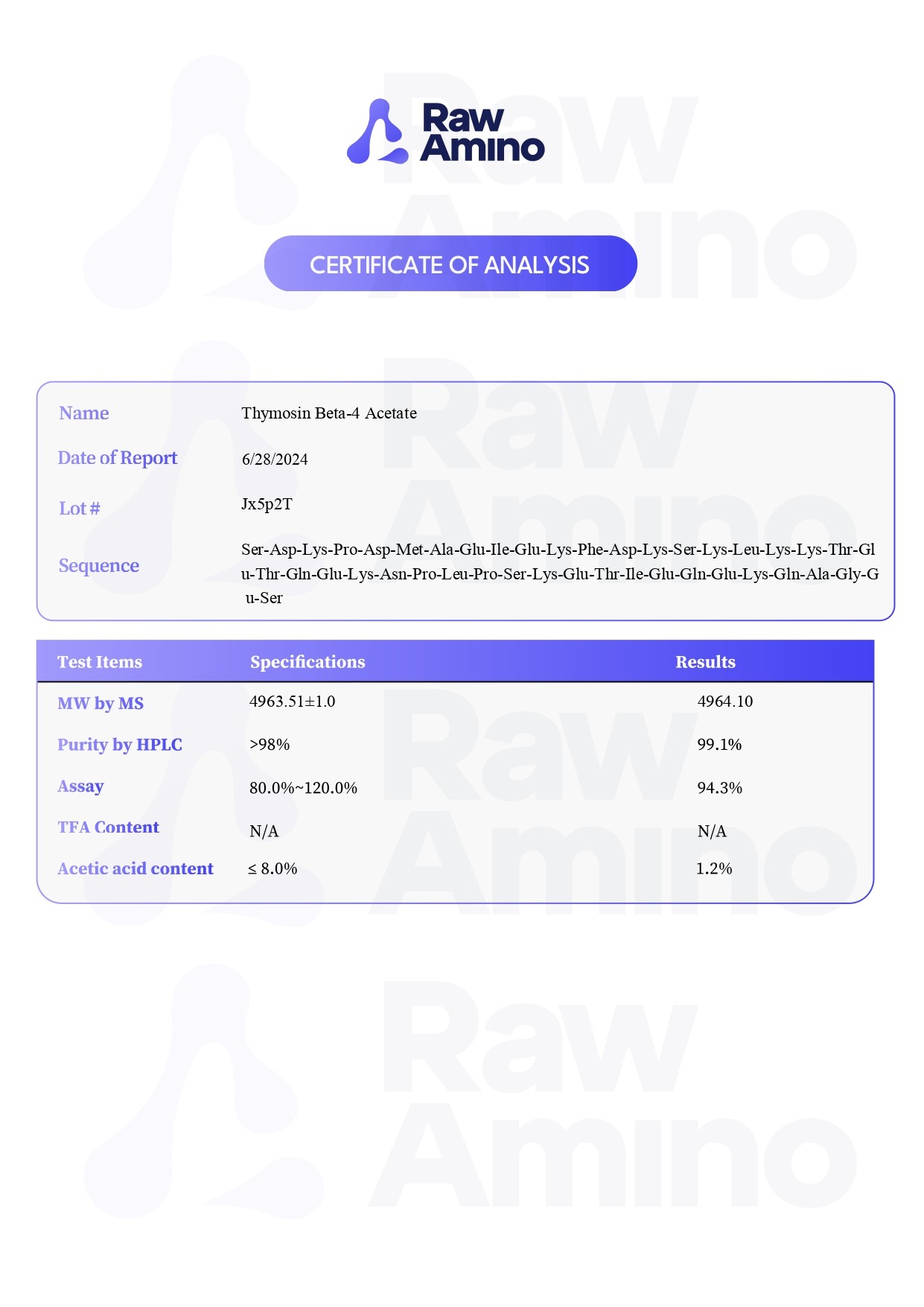

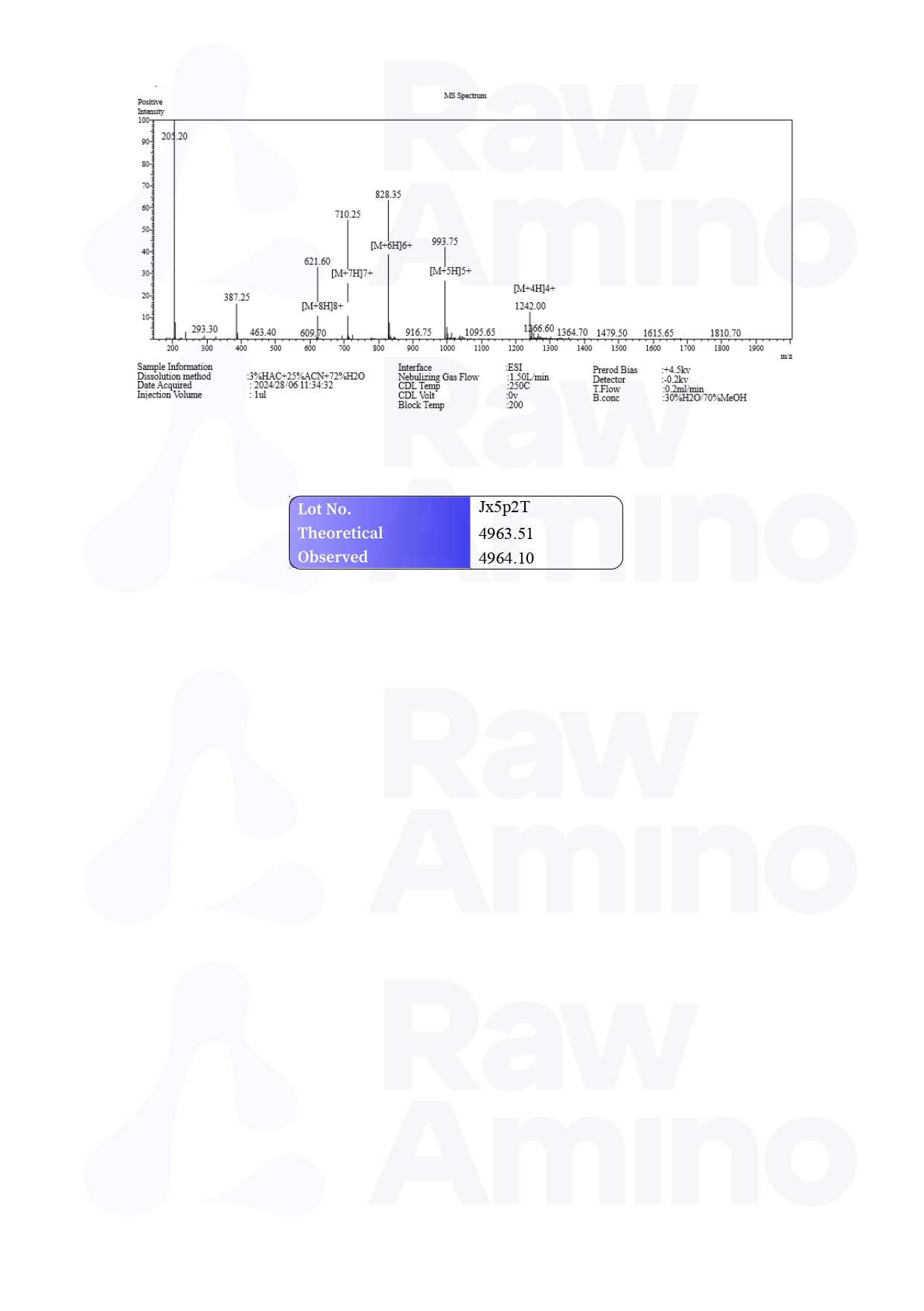
Only logged in customers may leave a review.
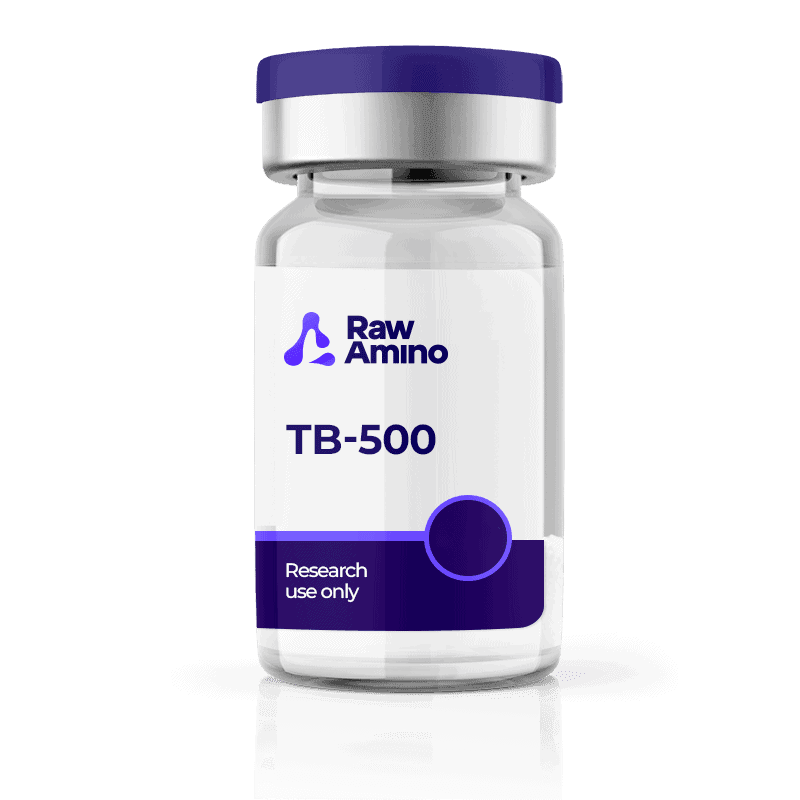
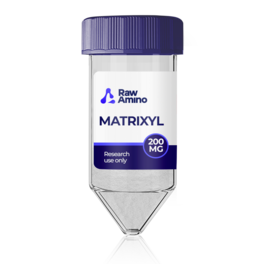
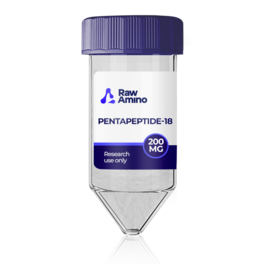
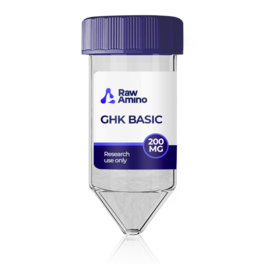
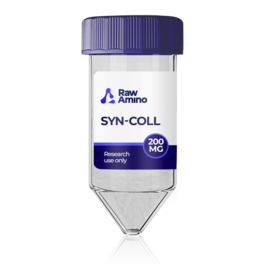
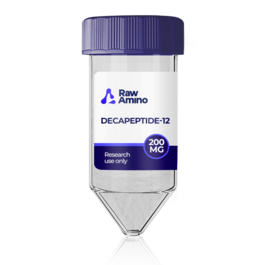
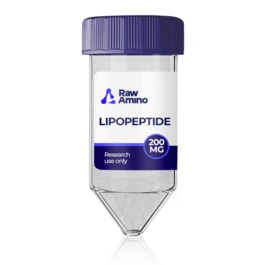
Reviews
There are no reviews yet.